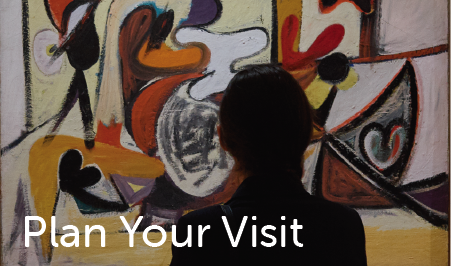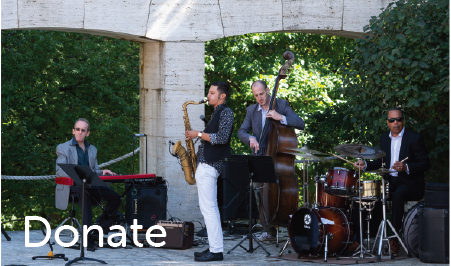African Collection Punu Artist Face Mask (Ikwar) Face Mask (Ikwar) During mukudj and ikwar dances in southern Gabon, male performers with extensive training and skill wear masks depicting female faces and intricate hairstyles. The performers move to complex, choreographed steps and complete awe-inspiring acrobatics atop wooden stilts measuring up to eleven feet tall. The white mukudj mask towers and sways over spectators as the In Punu society, mukudj is considered to be beautiful while ikwar is rendered as a less flattering or unbelievably grotesque counterpart that subverts ideals of beauty, but is still anticipated with much pleasure and excitement. This ikwar—with hair attached to the exterior of its coiffure—is a relatively rare black mask of its type. Its surface was blackened with an applied mixture of charcoal and red palm oil. The mukudj, in contrast, represents idealized feminine beauty in Punu culture with features such as full reddened lips and a round forehead and face that narrow at the chin. The almond-shaped eyes contain an arched slit that enables the performer to see as he dances. Between the eyebrows—represented as semicircular lines in relief—and along the temples is a repeating motif of red lozenge shapes that symbolize scarification marks. The white color originates from kaolin, or pembi, found in local riverbeds and symbolizes ancestral spirits that transform the woman depicted into transcendence. —Talia Lieber |








